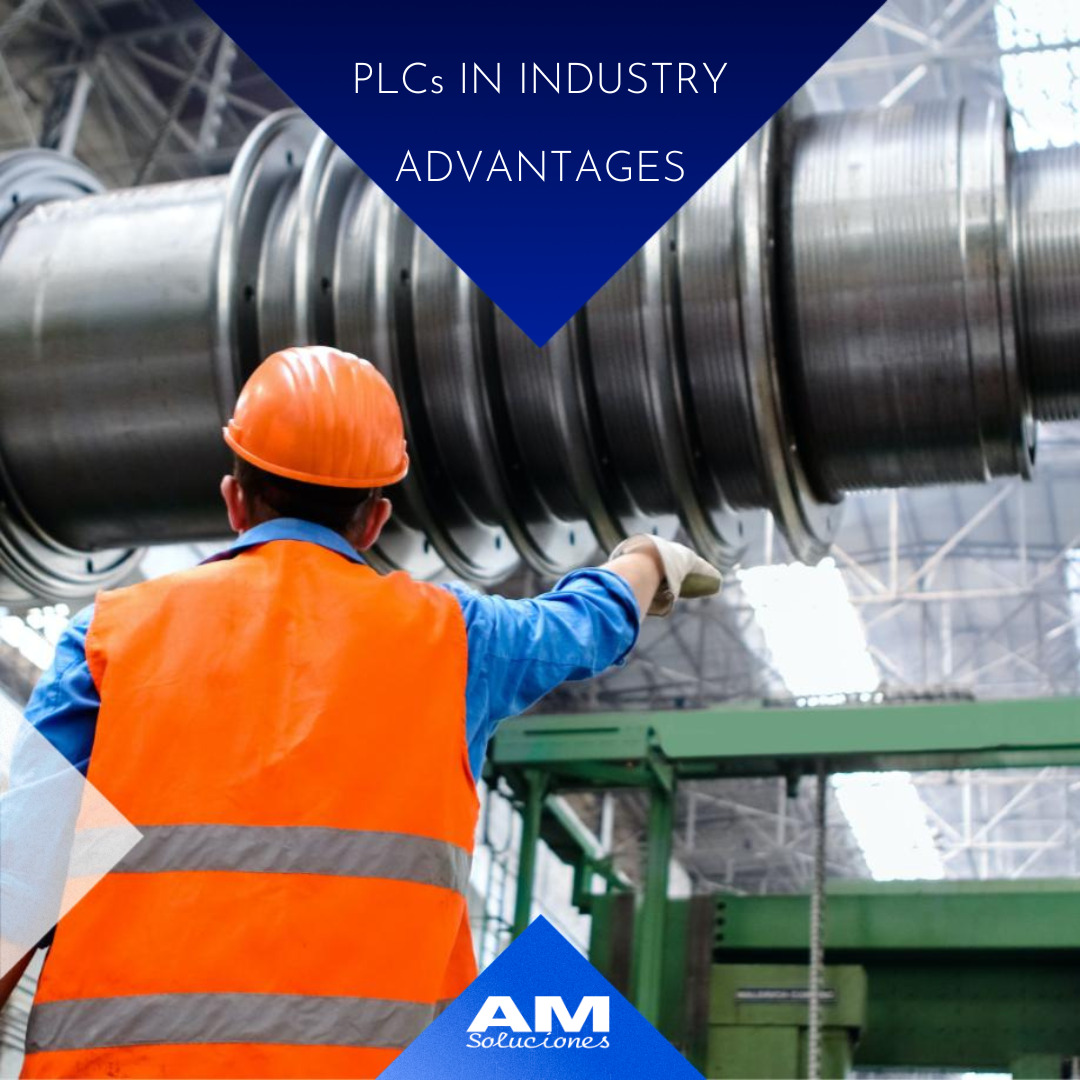
PLCs, or Programmable Logic Controllers, are computers used in industrial automation to control and monitor manufacturing processes. They have become a crucial component of modern industry, allowing precise control over various types of machinery and equipment. The applications of PLCs in industry are numerous and offer several advantages over traditional hardwired control systems.
One of the main uses of PLCs is to control manufacturing processes, including assembly lines, all types of machines, and industrial robots. PLCs can be programmed to perform complex sequences of operations, including turning on and off various devices, monitoring sensors, and controlling the speed and direction of motors. This allows for greater precision and accuracy in manufacturing, leading to high-quality products and increased productivity.
Another common use of PLCs is in process control, such as temperature, pressure, and liquid flow control in industrial processes. PLCs can be used to monitor sensors and adjust valves and other equipment to maintain optimal operating conditions. This ensures that industrial processes are carried out safely and efficiently, reducing the risk of failures or accidents.
Unlike traditional hardwired control systems, PLCs can be easily reprogrammed to adapt to changing manufacturing needs. This allows for greater flexibility in manufacturing, enabling companies to quickly modify their processes to meet market demands.
PLCs are also highly reliable, with many models designed to operate in complex industrial environments. They are built to withstand extreme temperatures, humidity, and dust, ensuring they can operate in a variety of manufacturing environments. PLCs also have built-in diagnostic tools that can quickly identify and diagnose any system failures, reducing downtime and maintenance costs.
Finally, PLCs are easy to maintain and update, as they typically use standardized programming languages and software. This means that technicians can easily modify or update PLC programs using commonly available tools, reducing the need for specialized knowledge or equipment. PLCs can also be easily integrated with other manufacturing equipment, such as sensors, motors, and other control systems, providing a unified control system that simplifies maintenance and troubleshooting.
The answer is a resounding yes. Additionally, the ability of PLCs to share process and sensor data with external production control systems such as SCADAs facilitates not only monitoring and control of industrial processes but also the possibility of storing all that data in external records and databases. In this way, companies have the possibility of analyzing production data and metrics to find areas for improvement within their production processes.
In conclusion, PLCs are a vital component of modern industry, allowing precise control over manufacturing processes and ensuring safe and efficient operation of industrial equipment. Their flexibility, reliability, and ease of maintenance make them an attractive alternative that allows companies to quickly adapt to changing market demands and maintain high levels of productivity. With the increasing automation of industrial processes in search of improving their efficiency and competitiveness, PLCs have become an indispensable tool in today's industry.
At AM Soluciones we offer all these types of services. Contact us and choose the most suitable industrial solution for your business.